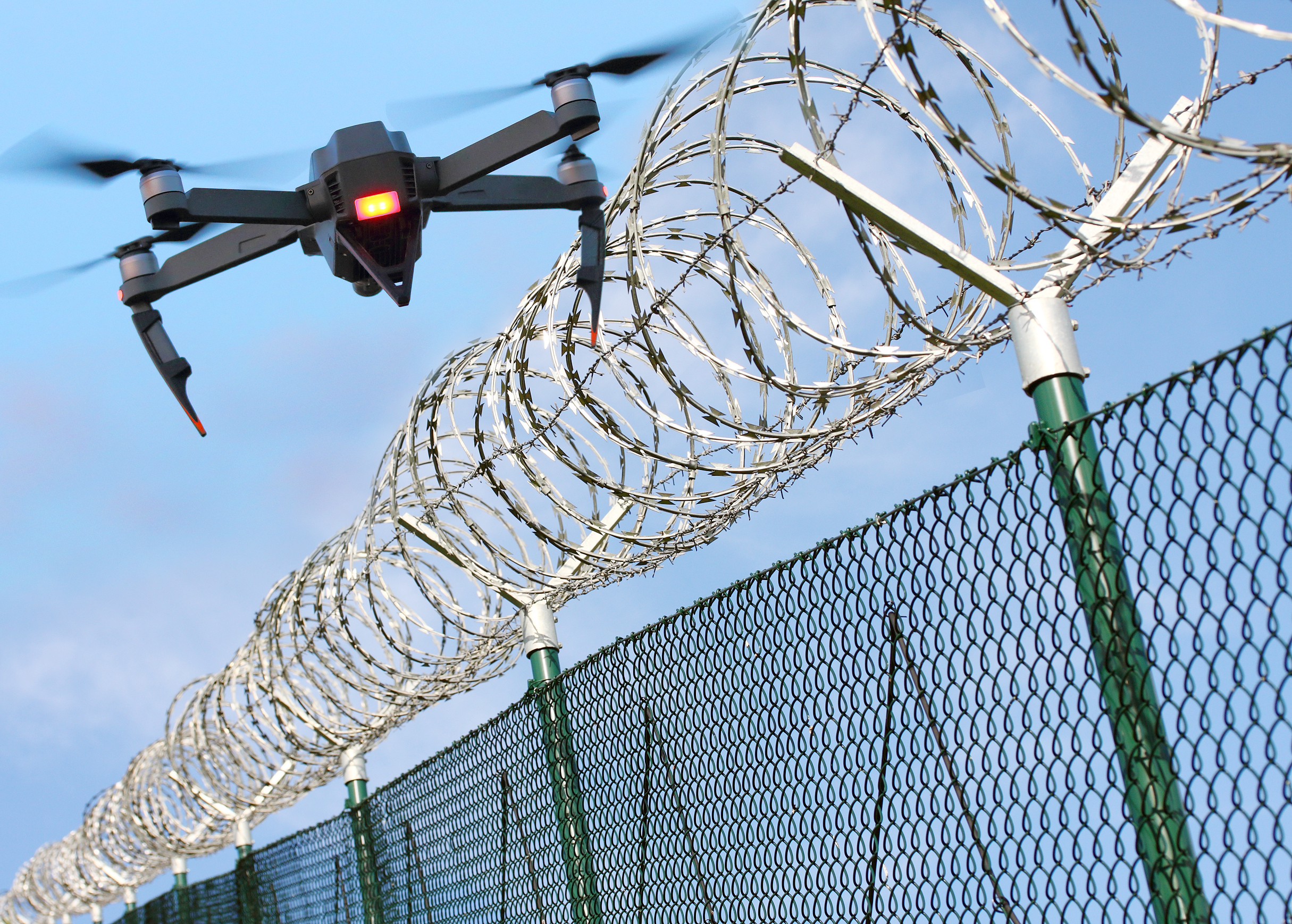Share This Article
By Sahar Adatia and Jimmy Singh.
It was an attempt to drop off drugs with the help of a drone to a maximum-security jail in New South Wales’ Hunter region that failed miserably – so miserably that neither the plan nor the drone actually took off.
The plan all came undone on the morning of 26 July 2020, when New South Wales prison officials noticed a suspicious car parked on the perimeter of Cessnock Correctional Centre.
Corrective Services officers promptly organised a search of the vehicle, and with that, thwarted what would have been the plot for an aerial drop of drugs to an inmate.
Inside the car, officials discovered a drone with a line of string attached to a package.
The package was found to contain 108 buprenorphine strips and 42 buprenorphine tablets – an amount projecting a value of more than $100,000.
Officers immediately contacted Hunter Valley police who arrived a short time later.
The drone and drugs were seized, leaving a 28-year-old woman who was the driver of the vehicle, and two men, aged 22 and 19, at the centre of the scheme.
All were charged in relation to the apparent failed drug smuggling effort.
It is understood the scheme was tipped off after a tennis ball containing buprenorphine was allegedly intercepted by guards outside the same jail the day before.
Interestingly, this is not the first time a tennis ball has become the latest inventive measure to supply contraband to inmates – let alone at the Cessnock Correctional Facility.
Police will now allege in court that the two men were intending to use the drone to deliver contraband into the correctional facility, according to reports from the Cessnock Advertiser.
Both were granted conditional bail to appear at Cessnock Local Court later in August.
The woman, from Bankstown, was charged with drive motor vehicle while license suspended and a breach of bail offence.
She was refused bail.
“Brazen” Operations to Smuggle Contraband on the Rise Since Coronavirus Pandemic Cancels Visits to Correctional Centres
As Corrective Services Commissioner, Peter Severin, addressed the situation, he hailed the drug smuggling attempt “a brazen operation”.
“So they are trying new ways, lots of ingenuity there, and using drones of course is very modern technology, [it] is one of those ways to try to get it in,” Commissioner Severin said.
He added that his officers had stepped up patrols and it had paid off.
Since the coronavirus pandemic prompted bans on visitors at jails, officials have noted that such attempts to smuggle contraband have increased.
“Since visits were cancelled to correctional centres in March due to COVID-19, we’ve seen people increasingly using mail, drones and tennis balls in an attempt to smuggle drugs into our prisons,” Commissioner Severin said.
“The good work by our correctional centre staff in searching for and detecting contraband should send a clear message to these people that ‘we are alert and you will get caught’.
“Our officers are proactive and undertake daily contraband searches of inmates, cells and common areas, these searches also focus on inmate mail and prison perimeter fences.”
Crime Connected with Correctional Facilities Now A Target for Corrective Services NSW
Meanwhile, as investigations into the matter continue, Hunter Valley Police District crime manager, Detective Inspector Matt Zimmer, said local police will carry on working closely with their Corrective Services NSW counterparts to target crime connected with correctional facilities.
“Hunter Valley police target drug crime in our local region, which also includes assisting Correctives NSW to target and monitor illegal activity,” Detective Inspector Zimmer said.
“Illicit drugs can cause detrimental harm inside facilities and in our communities, and all agencies will continue to work together to reduce the supply of the illegal drug trade.”
In NSW, smuggling contraband into a jail is against the law.
This includes a range of goods that are considered prohibited from entering the grounds and include drugs, alcohol, mobile phones, tobacco, lighters, weapons, syringes and electronic devices.
A maximum penalty of 6-months jail applied under section 253C)(1) Crimes (Administration of Sentences) Act 1999 (NSW) for bringing in or attempted to bring in spirituous or fermented liquor into a prison without lawful authority.
A maximum penalty of $5,500 fine or 2-years jail, or both applies for smuggling or trying to smuggle into a prison, without lawful authority, a prohibited drug (of no more than small quantity) or prohibited plant.
The same maximum penalty applies under section 253F Crimes (Administration of Sentences) Act 1999 (NSW) if an inmate uses or possesses a mobile phone or any part of same, any sim card, or phone charger (or part of same).
In addition, the same maximum penalty applies to a person who has an offensive weapon or instrument in his/her possession while inside a correctional centre without a reasonable excuse (section 253 Crimes (Administration of Sentences) Act 1999 (NSW)).









